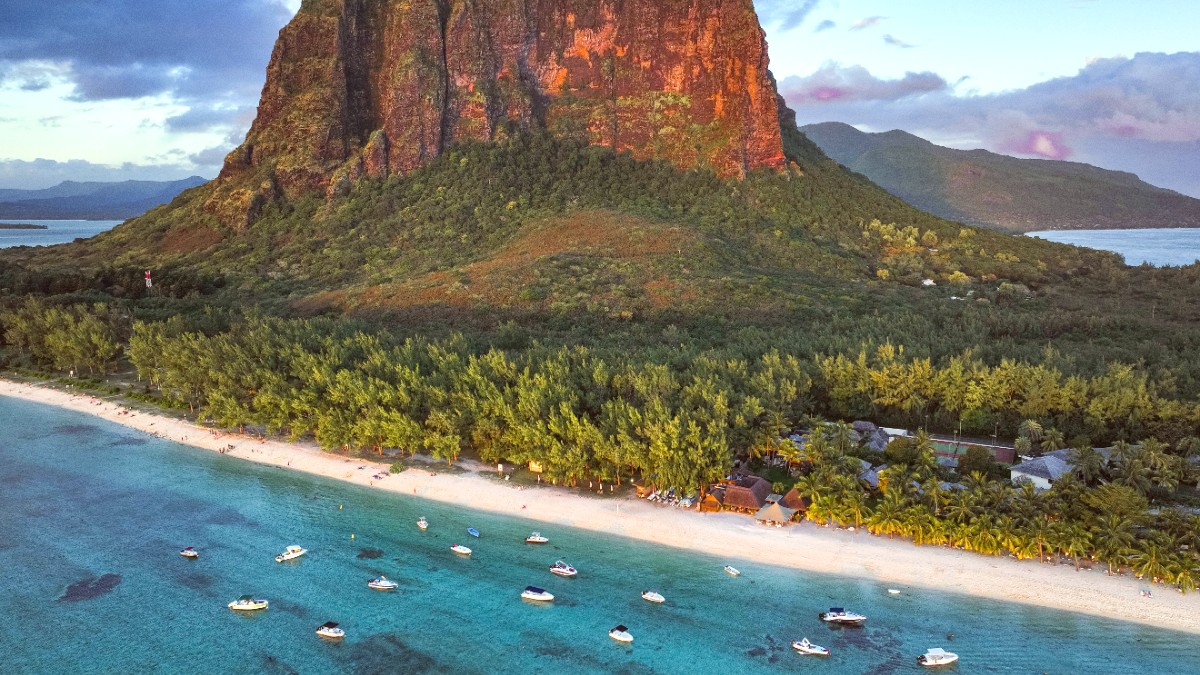
Mauritius
The bus system forms the backbone of public transport in Rodrigues. It connects Port Mathurin, the capital, to almost all villages and major points of interest across the island. Buses are generally older models but are well-maintained and serve their purpose effectively. They offer a great way to experience local life and travel like a resident.
The main bus terminal sits in Port Mathurin. Most bus routes originate from or pass through this central hub. Buses typically follow routes along the coastal roads, branching off to reach some inland villages. While formal, detailed route maps might not appear readily available, locals offer incredible help. They direct you to the correct bus or tell you where to alight. Do not hesitate to ask your guesthouse host or other residents for guidance on specific routes. Bus stop signs might be simple or nonexistent in some areas; people simply flag down buses.
Public buses are not designed for accessibility. They typically have steps for boarding and no ramps or designated wheelchair spaces. Travelers with mobility challenges may find them difficult.
Always ask locals or your guesthouse host for best routes/schedules. Signal clearly to drivers to board. Inform conductor of destination for timely disembarking.
Bus rides offer a window into local life. Enjoy the scenery and interactions with Rodriguans. Be prepared for crowds during peak hours and on market days.
MUR 100-200
MUR 300-800
MUR 1,500-2,500
Generally safe. Confirm fare and destination before trip.
Self-driving or two-wheelers offer independent exploration. However, certain considerations apply to road conditions and requirements.
Generally easy to find parking outside Port Mathurin, including near popular beaches. In Port Mathurin, parking may challenge, especially on Saturday market days.
No tuk-tuks, jeepneys, or similar specialty transport systems on Rodrigues. Transportation relies on buses, taxis, cars, and scooters.
Boat taxis available for islets (Île aux Cocos). Fishing charters for deep-sea fishing. Dive centers use specialized boats for snorkeling/diving trips.
Walking and cycling offer intimate ways to experience Rodrigues' natural beauty and local life, allowing you to discover hidden paths and viewpoints.
Rodrigues has limited dedicated bicycle infrastructure. Cyclists generally share the roads with vehicles.
Exercise caution on shared roads.
Be aware of traffic, especially on main paved roads. Vigilance is important. Wearing a Helmet is strongly advised.
Bright clothing improves visibility.
The hilly terrain means some routes challenge a good level of fitness. Use judgment regarding terrain difficulty.
Some rural roads may be unpaved or poorly maintained.
Beyond the common modes, Rodrigues offers unique ways to experience its marine environment and caters to specific needs.
None of these specialized transport systems appear on Rodrigues. Island development focuses on simpler, traditional methods.
Rodrigues generally lacks extensive infrastructure for mobility needs. Public transportation is not accessible. Inquire directly with accommodations. Consider pre-arranging private accessible transport.
Travelers with disabilities should plan meticulously. Direct communication with service providers frames a comfortable and safe trip. Consider hiring a private taxi driver for specific needs.
Book your domestic flight to Rodrigues well in advance. This saves money and availability appears more likely, especially during peak season.
Arrive at Rodrigues airport 1.5-2 hours before your flight. This allows enough time for check-in and security.